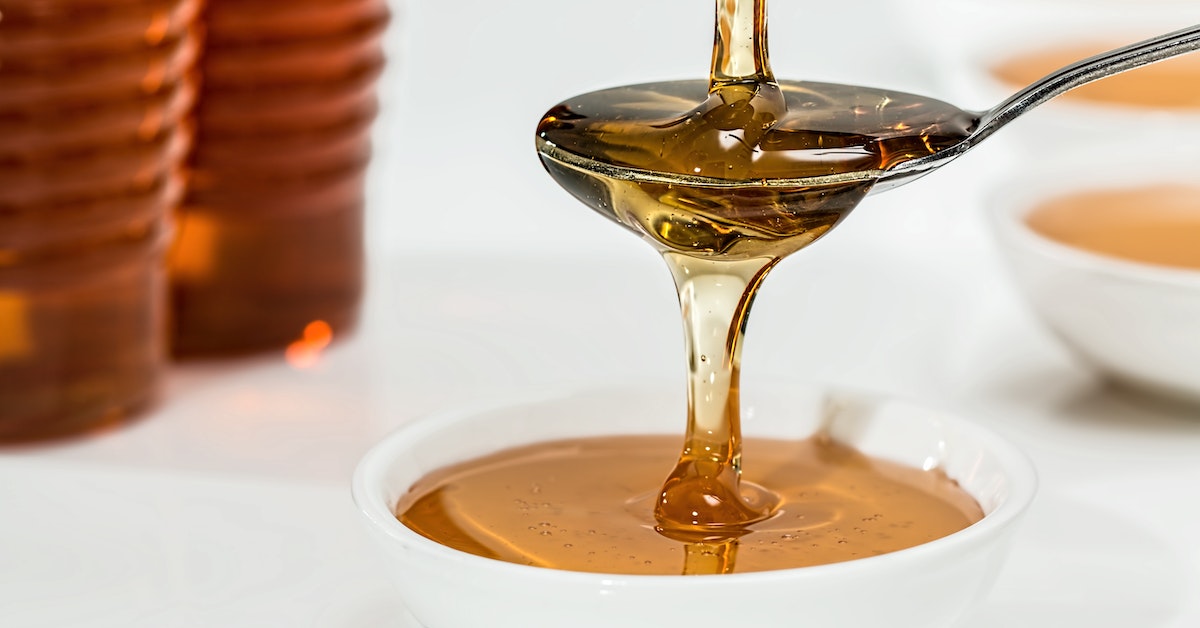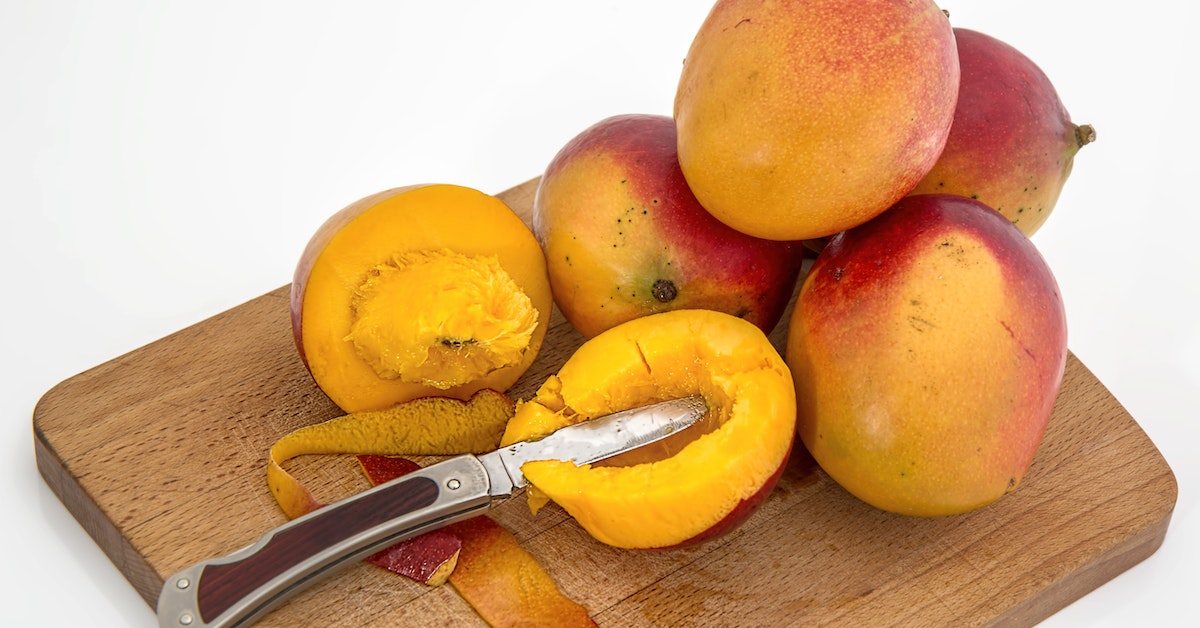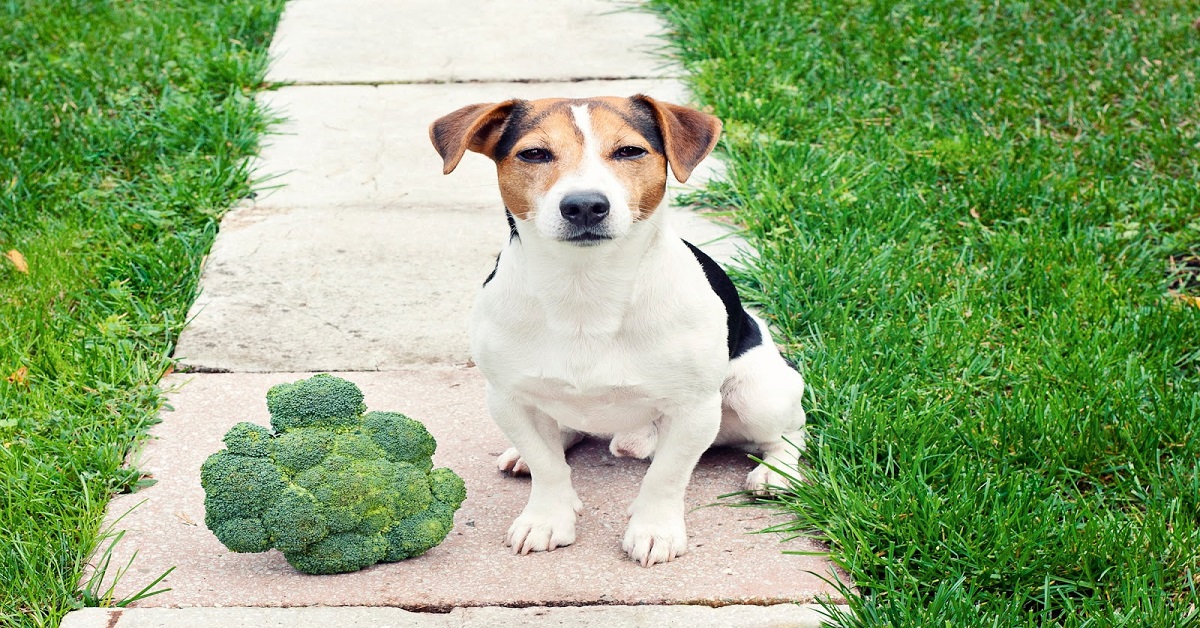Dogs have an affinity for bananas for many reasons. They are generally sweet and soft, making them easy to chew. They are also a good source of vitamins, minerals, and other compounds dogs need. There is little risk from feeding your dog a banana, unless they are green bananas.
The potential issues arise from their high sugar content and the possibility that they may be contaminated with pesticides or other harmful chemicals. As with all fruits, there’s not enough in one banana to be beneficial but you shouldn’t overfeed them because of their sugar content.
If you feel comfortable feeding your dog small amounts of a banana every now and then, there are benefits to doing so. If you’re still unsure about whether or not it’s safe to feed your dog a banana, read on to learn more about how they can impact your pet’s health one way or another.
Why Are Bananas Good for Dogs?
Dogs are descendants of canines that ate both meat and plants in the wild. They have an uncanny ability to eat almost anything and have few if any allergies.
What’s more, dogs are able to break down and digest carbohydrates and other compounds that are poisonous to humans. Bananas are good for dogs because they’re a good source of vitamins and minerals along with having a few other beneficial compounds.
Vitamin B6 is important in the production of red blood cells. It’s also needed for normal neurological function. Vitamin C is important to the immune system and for producing collagen, which is needed for healthy connective tissue like hair, nails, and skin.
Potassium is needed for proper heart and muscle function as well as for nerve impulses.
When Should You Not Feed Your Dog a Banana?
Bananas are relatively safe for dogs to eat, but there are a few exceptions. While ripe bananas are safe for dogs, unripe or green bananas can cause a great deal of stomach irritation. If you see your dog eating a banana or a banana peel, they may not be ripe and cause gastric distress.
Another instance when you shouldn’t give your dog bananas is if they’re eating a lot of them or if they’re consuming them as part of a meal that also contains other foods that are unhealthy for dogs. Dogs, like people, can’t live on bananas alone.
They need a variety of foods to meet their nutritional needs. While bananas have their benefits, they don’t contain everything dogs need for a balanced diet.
Can Dogs Eat Banana Peels?
Banana peels are edible and safe for dogs to eat. They contain vitamins, minerals, and compounds like chlorophyll that can be useful for dogs. They also have a small amount of fiber. The peel contains more than nutrients. It also contains compounds that may be harmful if eaten in large amounts.
Dogs, like humans, are more likely to eat the peel than the banana itself. This is true of many fruits and vegetables because they don’t taste like their core. You should be careful when feeding your dog banana peels because they can cause stomach upset in large quantities, but they are safe in small amounts as a treat.
Nutrition of Bananas for Dogs
One small banana contains roughly 80 calories, 22 grams of carbohydrates, and a trace amount of protein.
Bananas are also high in sugar and can cause a spike in your dog’s blood sugar if they consume a lot of them.
They also have a decent amount of fiber which can be helpful to dogs with gastrointestinal issues when consumed in small amounts.
Bananas are also a good source of vitamins and minerals. Potassium is a mineral that’s important for heart and muscle function and nerve impulses. Vitamin B6 is important for red blood cell production and for neurological function.
Vitamin C is needed for immune system function and for collagen production, which is important for connective tissue health like skin, nails, and hair.
Health Benefits of Bananas for Dogs
Bananas may be high in sugar, but they’re an excellent source of energy for dogs.
They also help with hydration, which is important for every living thing. In addition, bananas also have a small amount of fiber, which helps promote intestinal health.
Bananas are also a good source of hydration and energy. They can help reduce inflammation in dogs with arthritis and joint pain.
They can also help with gastrointestinal issues like diarrhea and constipation.
Finally, bananas can help with hydration and energy levels in dogs. They can also provide some relief for dogs with arthritis or joint pain.
How to Feed Your Dog Banana
You can feed your dog a banana in a few ways.
You can mash a banana and mix it in with their dog food or you can slice it and feed it as a snack.
You can also freeze the banana and give it to your dog as a treat.
You can feed your dog ripe bananas as well as unripe bananas.
You can also feed your dog banana peel, but you should make sure you remove any strings or strings before you feed them to your dog.
You can also feed your dog banana peels if you freeze them for a cold treat.
Potential Dangers of Feeding Your Dog Bananas
Like most foods, too much banana can lead to health issues. Dogs who eat too much banana can develop gastrointestinal issues from the high sugar or fat content of bananas.
Bananas also contain oxalic acid, which can be damaging to the kidneys. If your dog has kidney disease, they shouldn’t eat bananas.
Even if they don’t have kidney disease, they shouldn’t eat a lot of bananas because they’re high in potassium, which can be damaging to the kidneys.
Dogs who are under a year old shouldn’t eat bananas because they don’t have the ability to properly digest them.
Pregnant or lactating dogs shouldn’t eat bananas because the high sugar levels can be harmful to their puppies.
Dogs who are overweight or have a diagnosed medical condition shouldn’t eat bananas because they’re high in sugar and fat. They can also cause gastrointestinal issues.
Dogs who are underweight or have a chronic disease shouldn’t eat bananas because they don’t have the nutritional value they need.
Can Dogs Be Allergic to Bananas?
Dogs can be allergic to bananas, but this is rare.
If a dog has a reaction to bananas, they most likely have an allergy to them.
Some signs that your dog may be allergic to bananas are vomiting, diarrhea, itching, and hives.
You should see a vet if your dog shows signs of an allergy to bananas.
If you feed your dog bananas regularly, they’re less likely to develop a banana allergy.
If they don’t regularly eat bananas, they’re more likely to develop an allergy.
Allergic reactions are rare, especially if your dog only eats bananas occasionally.
Advantages of Bananas for Dogs
Bananas may be high in sugar, but they’re an excellent source of energy for dogs.
They also help with hydration, which is important for every living thing. In addition, bananas also have a small amount of fiber, which helps promote intestinal health.
Bananas are also a good source of hydration and energy. They can help reduce inflammation in dogs with arthritis and joint pain.
They can also help with gastrointestinal issues like diarrhea and constipation.
Finally, bananas can help with hydration and energy levels in dogs. They can also provide some relief for dogs with arthritis or joint pain.
Conclusion
Bananas are a good occasional treat for dogs. They’re a good source of energy and hydration and have a few vitamins and minerals dogs need for health.
Bananas are also easy for dogs to chew and digest. You should avoid feeding your dog bananas if they have gastrointestinal disorders, kidney disease, or are under a year old.
You should also avoid feeding your dog bananas if they’re overweight or have a chronic disease.
Bananas can also be useful for humans, particularly those who want to gain or maintain weight.







